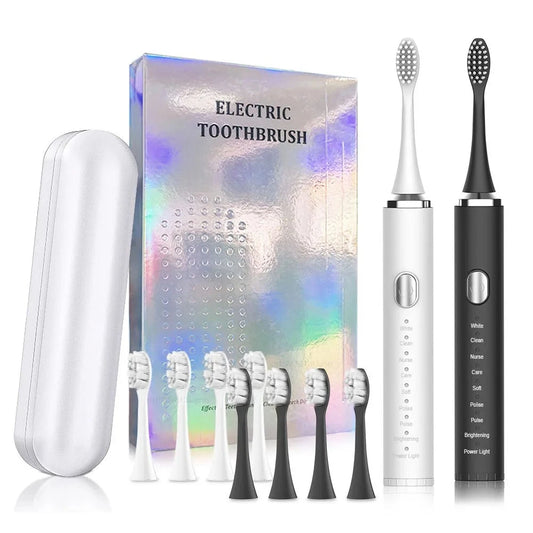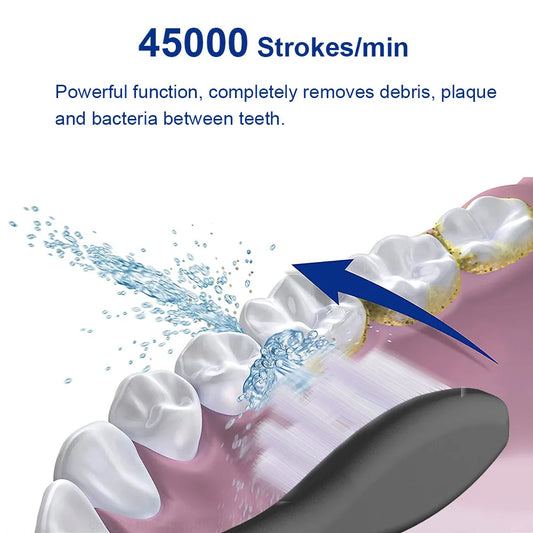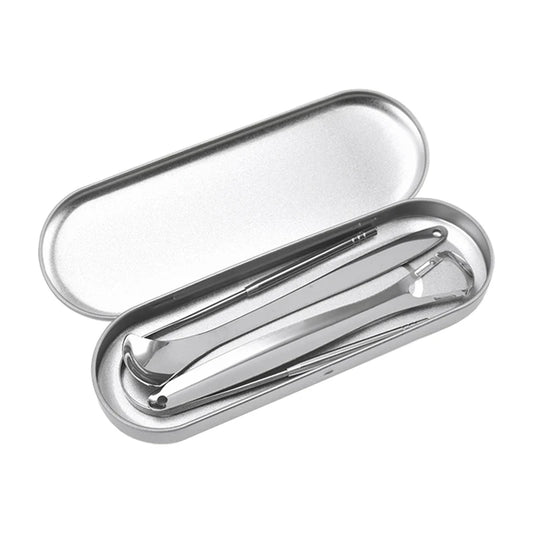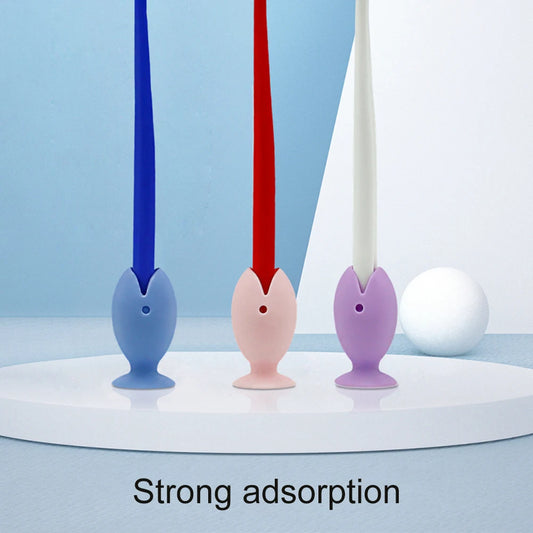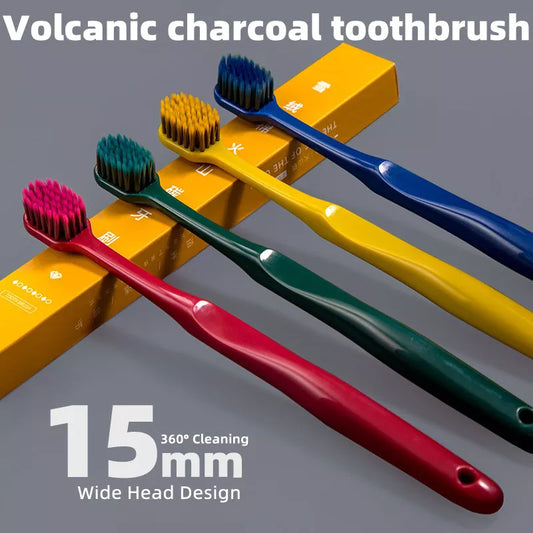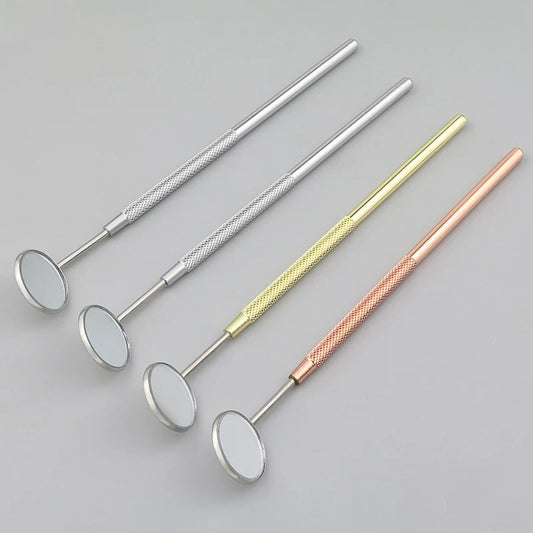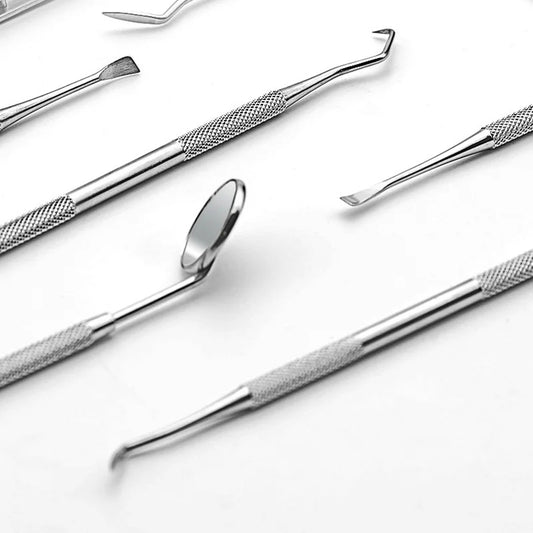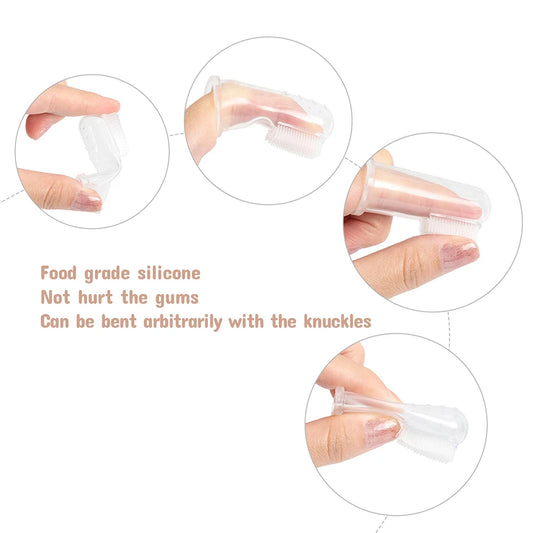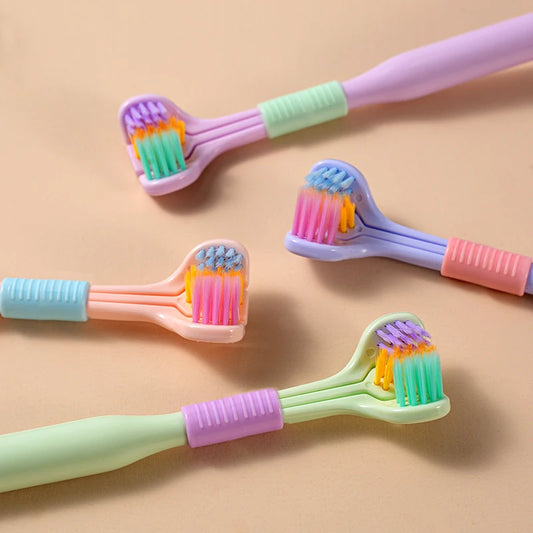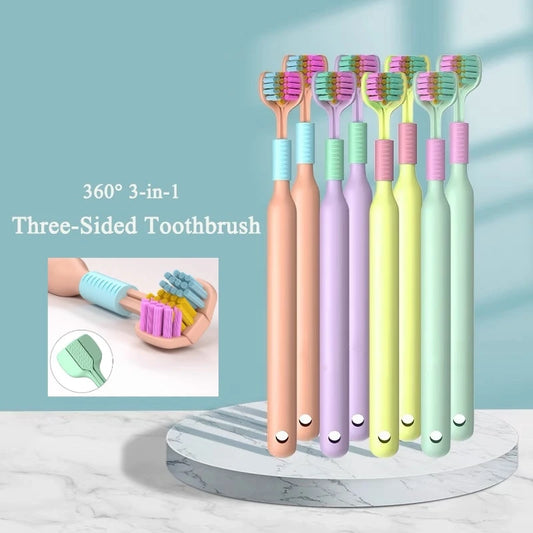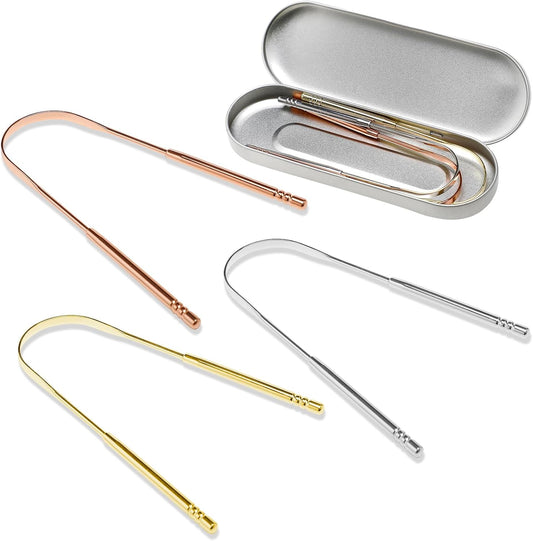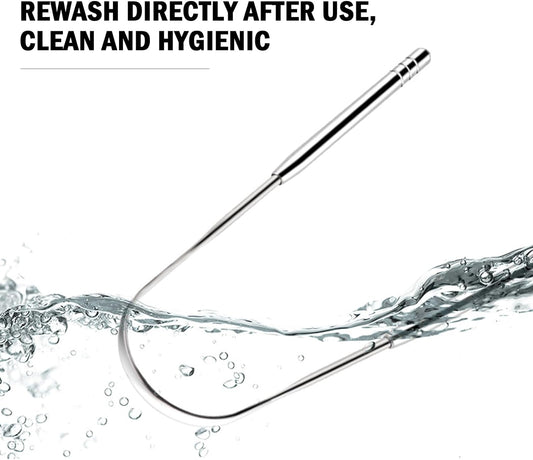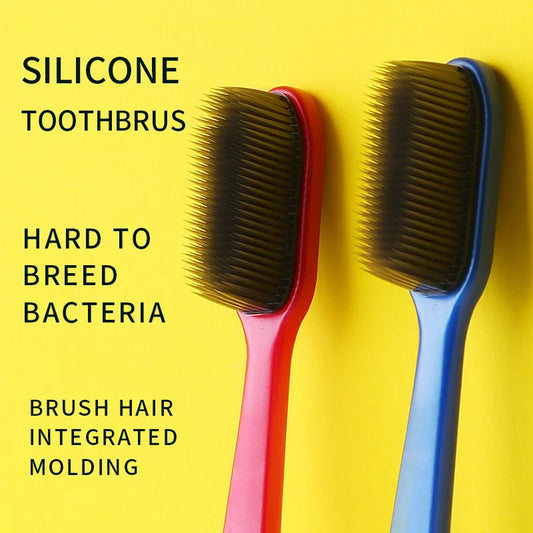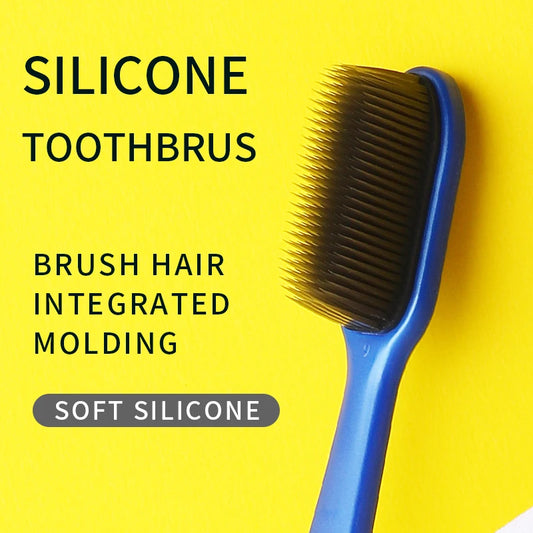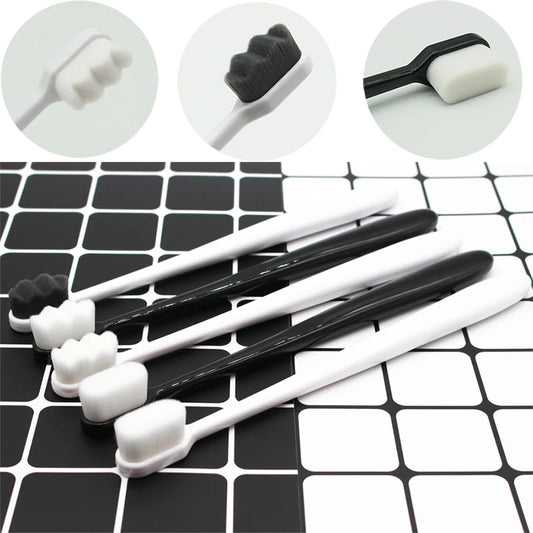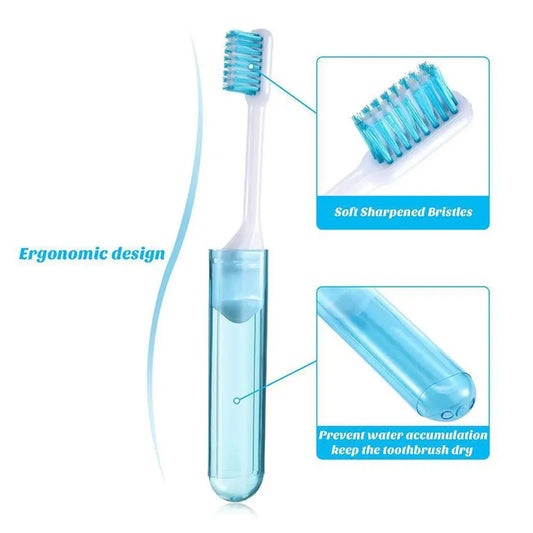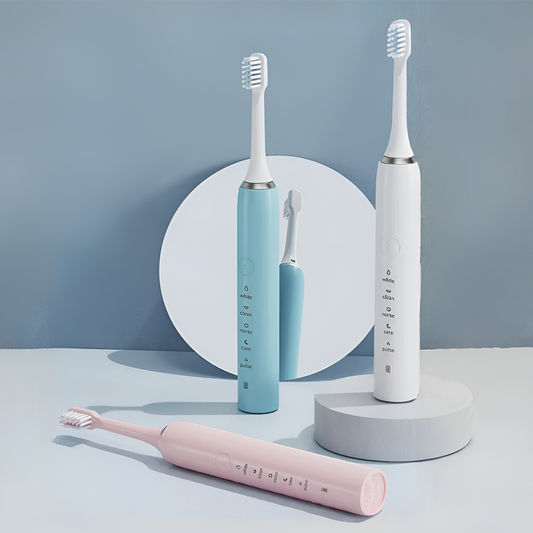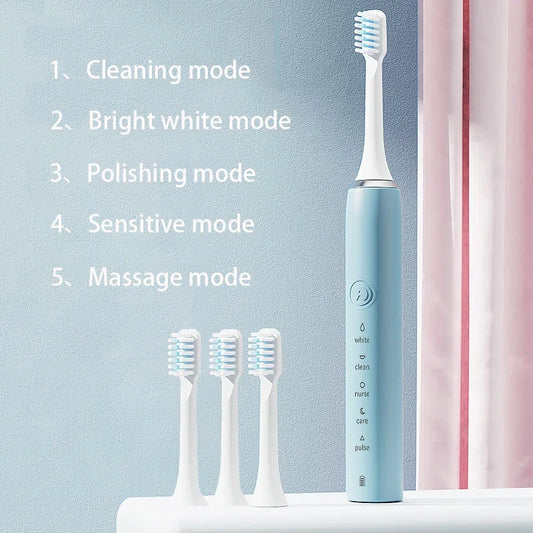Did you know that your teeth have a natural repair system? Tooth remineralization is the body’s way of restoring weakened enamel and preventing cavities. By understanding how remineralization works and supporting it with the right habits, foods, and products, you can keep your smile strong and healthy.
What is Tooth Remineralization?
Remineralization is the process by which minerals like calcium, phosphate, and fluoride are redeposited onto the enamel—the hard, outer layer of your teeth. This natural repair mechanism helps reverse early signs of tooth decay, strengthen enamel, and protect teeth from sensitivity and cavities.
How Remineralization Works
Understanding the process can help you support it effectively:
- Demineralization Happens First: Every time you eat or drink, acids in your food and saliva temporarily strip minerals from your enamel. This is called demineralization.
- Saliva to the Rescue: Your saliva naturally neutralizes acids and delivers minerals back to the enamel.
- Fluoride Boosts the Process: Fluoride, found in toothpaste, mouth rinses, and some drinking water, enhances remineralization, making enamel stronger and more resistant to decay.
Dietary Choices That Support Remineralization
The right diet can make a big difference in strengthening your teeth:
- Calcium-Rich Foods: Milk, cheese, yogurt, and leafy greens help supply calcium to reinforce enamel.
- Phosphate Sources: Eggs, fish, and nuts provide phosphates, which work with calcium to repair teeth.
- Vitamin D: Fatty fish, eggs, and sunlight help your body absorb calcium efficiently.
- Sugar-Free Gum: Chewing gum stimulates saliva flow, which naturally aids remineralization.
Products That Help Remineralize Teeth
- Fluoride Toothpaste: Essential for strengthening enamel and reversing early decay.
- Fluoride Mouth Rinse: Provides an extra boost, especially for people prone to cavities.
- Remineralizing Toothpaste or Gels: Some specialized products contain calcium phosphate or hydroxyapatite to actively restore enamel.
Tips to Maximize Remineralization
- Brush at least twice a day and floss daily.
- Limit sugary and acidic foods, which accelerate demineralization.
- Drink plenty of water to maintain saliva production.
- Schedule regular dental check-ups to catch early decay and receive professional advice.
Conclusion
Tooth remineralization is nature’s way of keeping your enamel strong and healthy. By supporting this process with proper oral care, a mineral-rich diet, and the right dental products, you can prevent cavities, reduce sensitivity, and maintain a radiant smile. Take action today—your teeth have the power to repair themselves, and you can help them do it!


